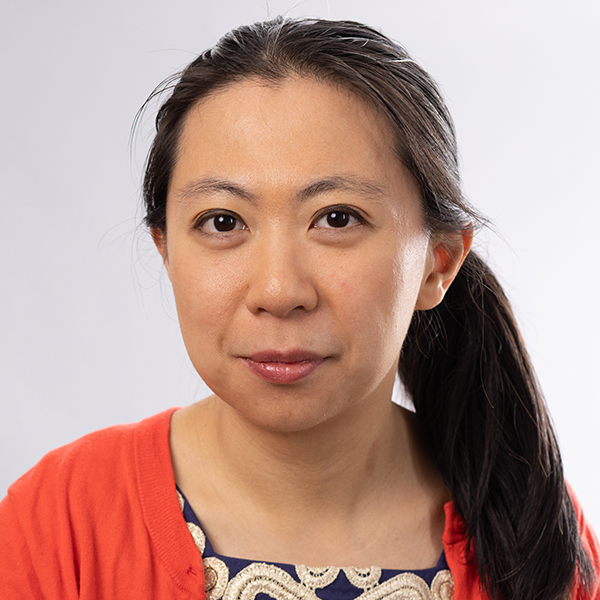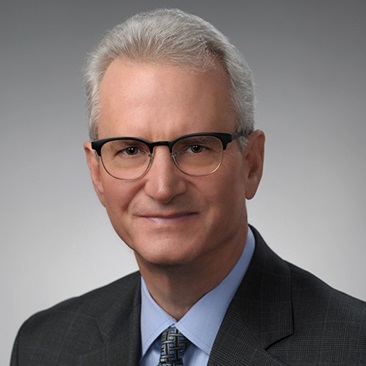full-time faculty teaching and conducting research in political science
of Maxwell faculty conduct research focused outside of the U.S.
graduate students in residence; fewer than 12 admitted each year
Undergraduate Studies
Graduate Studies

I am Maxwell.
Civic engagement is a core value for me. I have always aspired to help the communities I’m from.” Mazaher Kaila, a Maxwell alumna and third-year student at Syracuse University's College of Law, moved with her family from Sudan to Central New York when she was four years old. “I realized that to make meaningful change in society, I needed to understand the systems that power it—government and politics—and that’s insight I would gain by studying political science.”
Mazaher Kaila ’19, L’22
political science, law
Changing Faces of Political Women in Tokyo
Margarita Estévez-Abe
Japanese Journal of Political Science, January 2023
This article has two objectives. One is to explain the rise of female political representation in local assemblies in Tokyo's 23 Special Wards. The other is to examine how political women in Japan have or have not changed since the publication of Susan Pharr's "Political Women in Japan in 1981."
When Tokyo first saw the emergence of a new type of local assembly women in the 1990s, they consisted of well-educated suburban housewives who led the Seikatsusha Nettowaku movement. In the past 15 years, however, Tokyo has witnessed a decline in ‘housewife politicians’ and a further diversification in the types of political women.
This article pays special attention to a new type of political women called Mama Giin (literally, mommy politicians). Mama Giin are professional working mothers, who have become local assembly women to address deficiencies in childcare services.
Their numbers increased as socio-economic changes and party realignment reshaped supply and demand for female candidates in Tokyo. Most of them accept the gendered responsibilities for childcare very much like Pharr's New Women did in the 1970s.
The younger cohorts of highly educated women enjoy greater job options and life choices unavailable to the New Women of their mothers' generation. However, they do not necessarily challenge Japan's patriarchy.
This article examines the biographies of female local politicians in Tokyo's 23 Special Ward assemblies to understand the rise of Mama Giin.
Related News
Commentary

Aug 1, 2024
Commentary

Jul 30, 2024
BaoBao Zhang Joins First Cohort of AI2050 Early Career Fellows
One of only 15 scholars chosen from across the U.S., Zhang will receive up to $200,000 in research funding over the next two years. Zhang will use the funding to partner with the nonprofit, non-partisan Center for New Democratic Processes to test whether public participation in AI governance is increased through the creation of public assemblies, known as “deliberative democracy workshops.”
Baobao Zhang
Assistant Professor, Political Science Department

Changing Faces of Political Women in Tokyo
Margarita Estévez-Abe
Japanese Journal of Political Science, January 2023
This article has two objectives. One is to explain the rise of female political representation in local assemblies in Tokyo's 23 Special Wards. The other is to examine how political women in Japan have or have not changed since the publication of Susan Pharr's "Political Women in Japan in 1981."
When Tokyo first saw the emergence of a new type of local assembly women in the 1990s, they consisted of well-educated suburban housewives who led the Seikatsusha Nettowaku movement. In the past 15 years, however, Tokyo has witnessed a decline in ‘housewife politicians’ and a further diversification in the types of political women.
This article pays special attention to a new type of political women called Mama Giin (literally, mommy politicians). Mama Giin are professional working mothers, who have become local assembly women to address deficiencies in childcare services.
Their numbers increased as socio-economic changes and party realignment reshaped supply and demand for female candidates in Tokyo. Most of them accept the gendered responsibilities for childcare very much like Pharr's New Women did in the 1970s.
The younger cohorts of highly educated women enjoy greater job options and life choices unavailable to the New Women of their mothers' generation. However, they do not necessarily challenge Japan's patriarchy.
This article examines the biographies of female local politicians in Tokyo's 23 Special Ward assemblies to understand the rise of Mama Giin.
Related News
Commentary

Aug 1, 2024
Commentary

Jul 30, 2024


